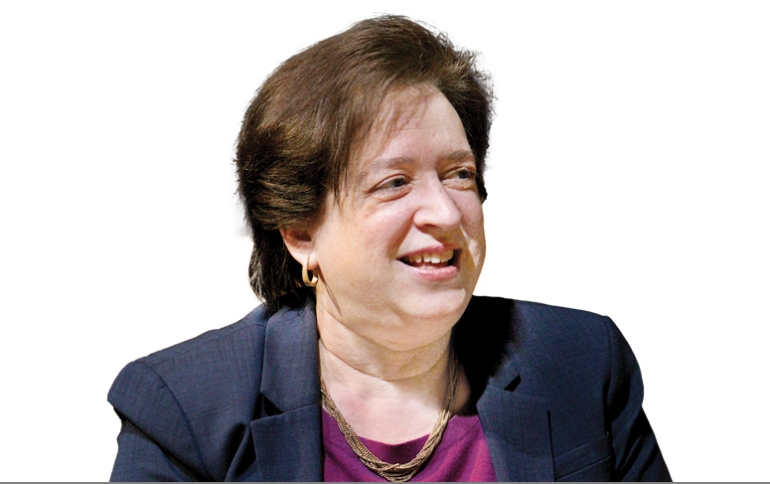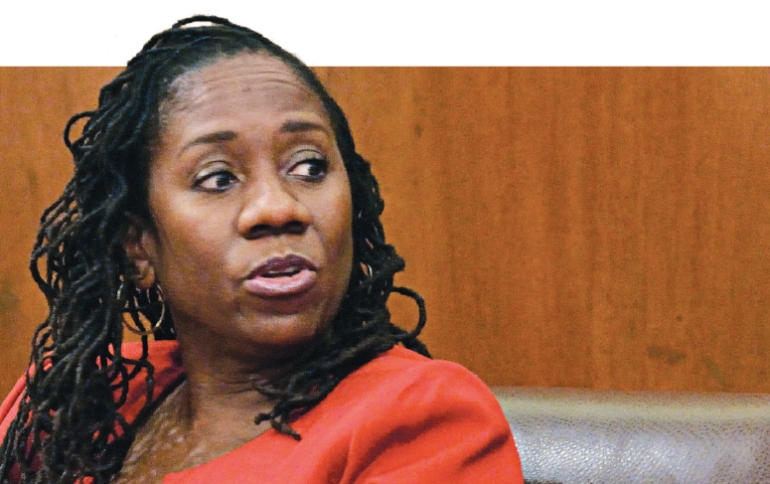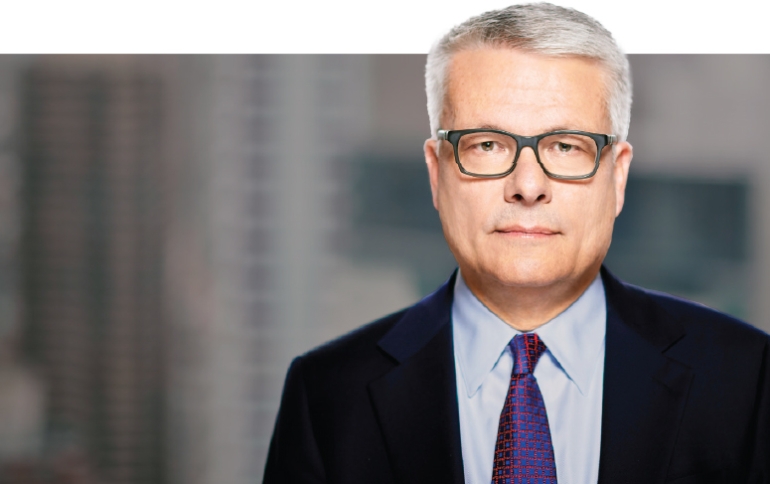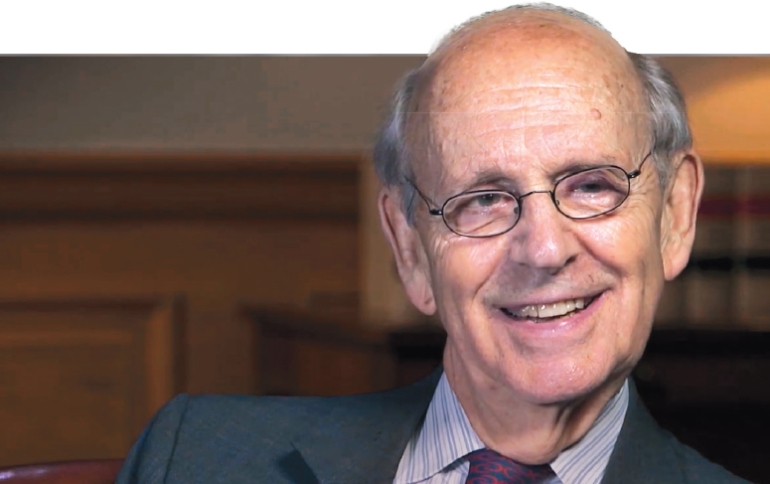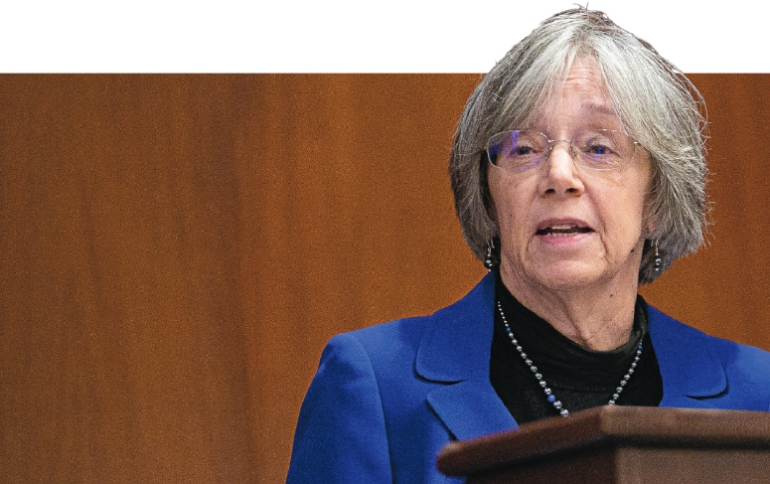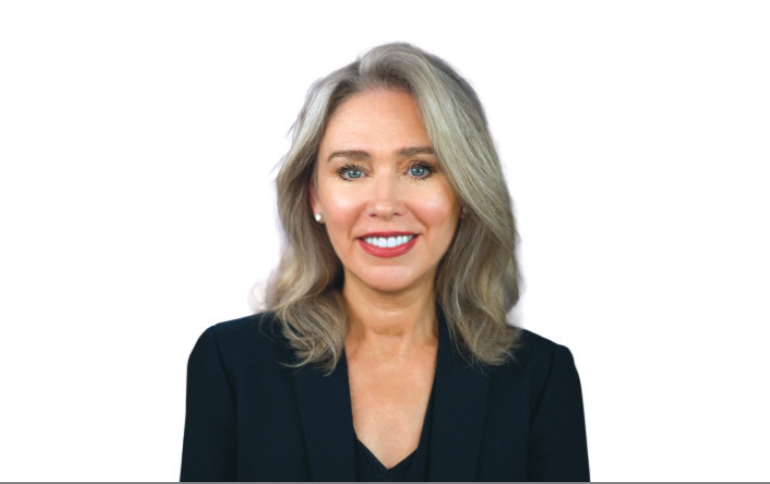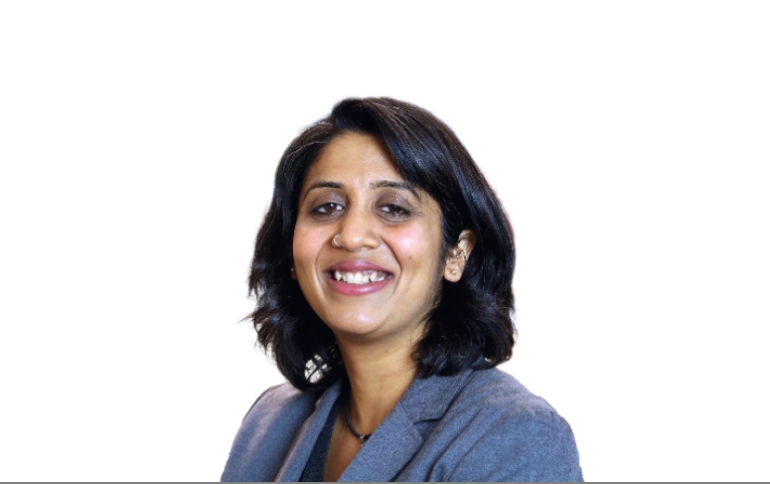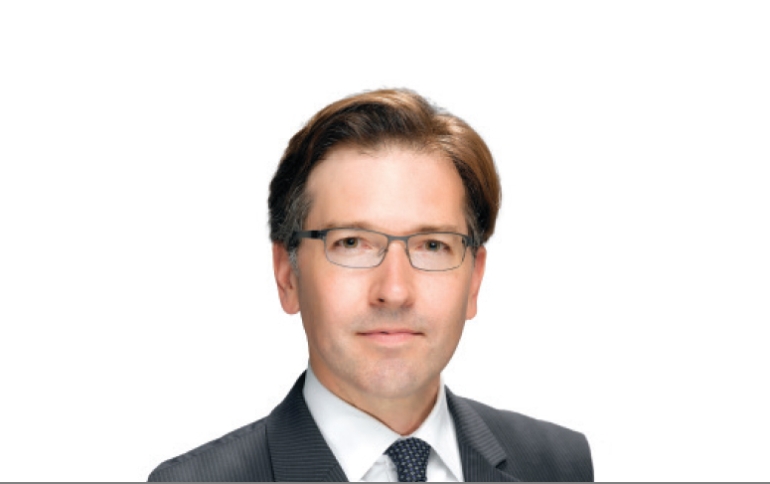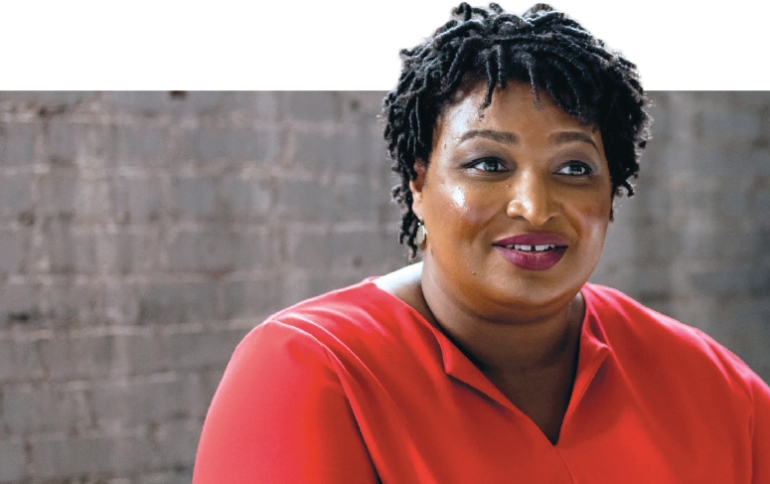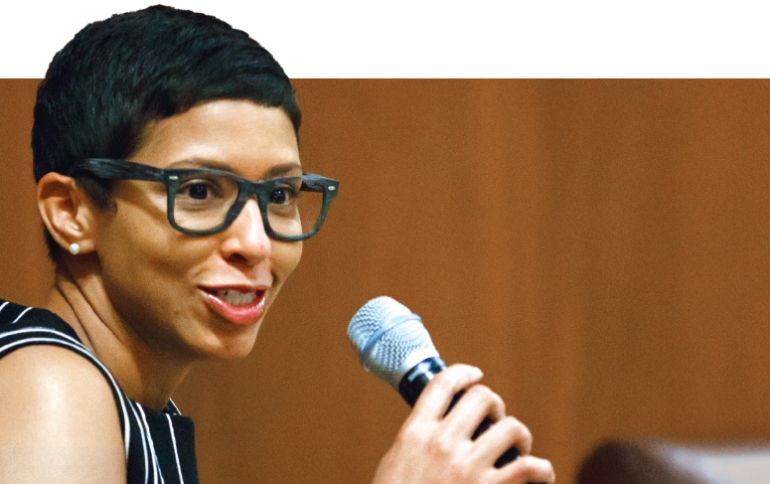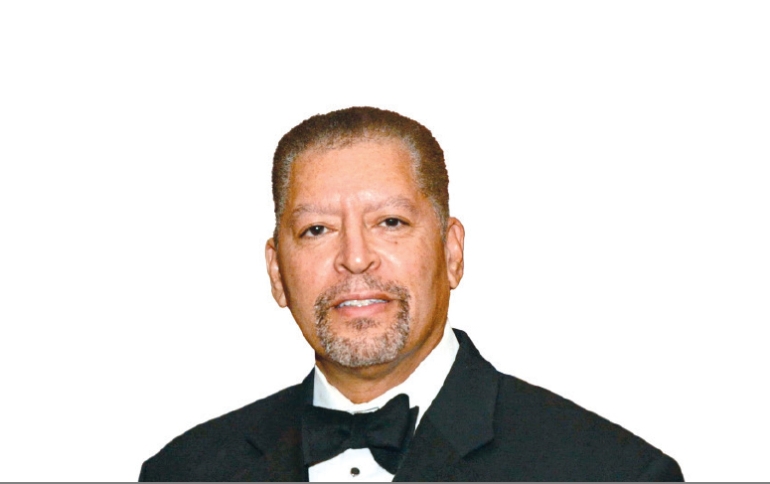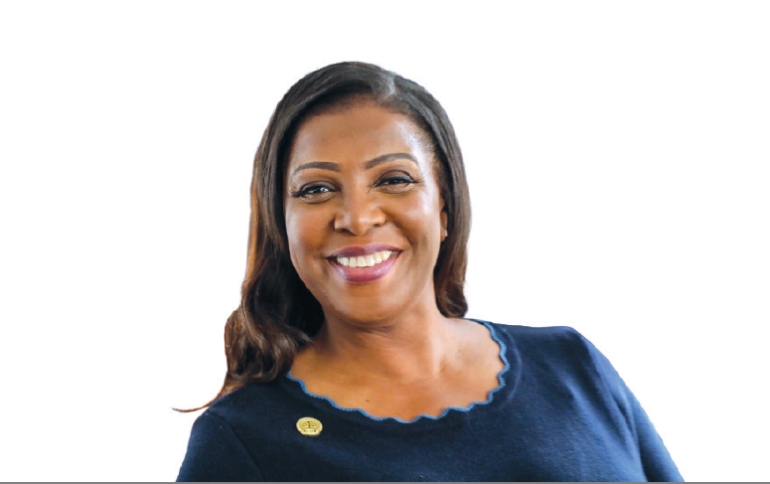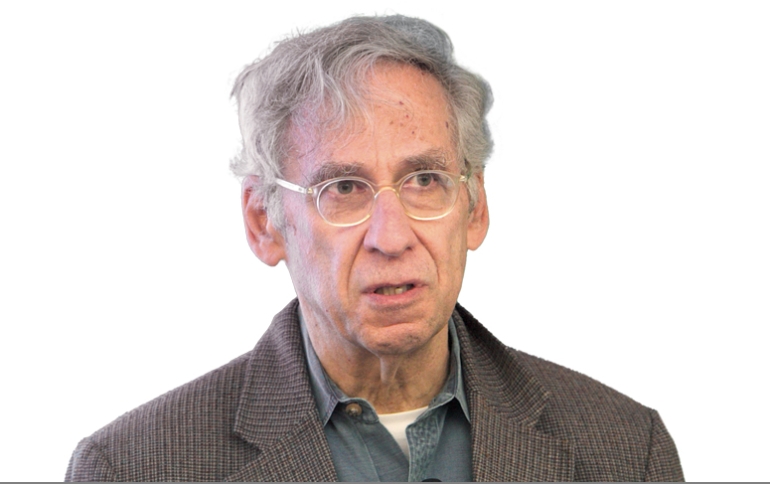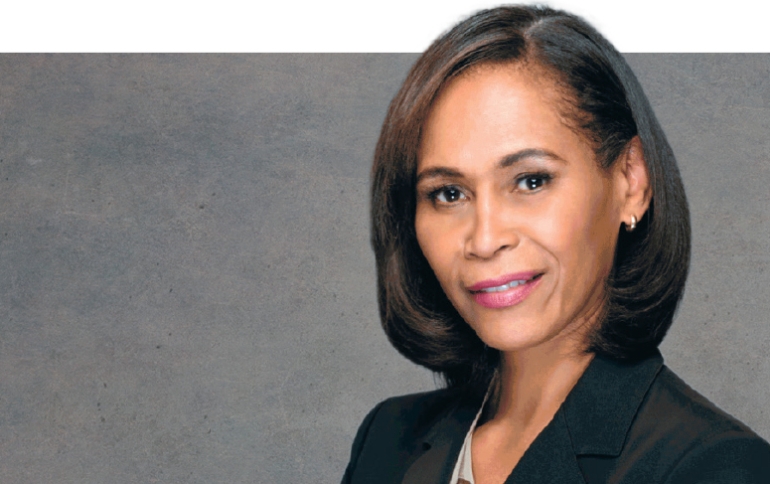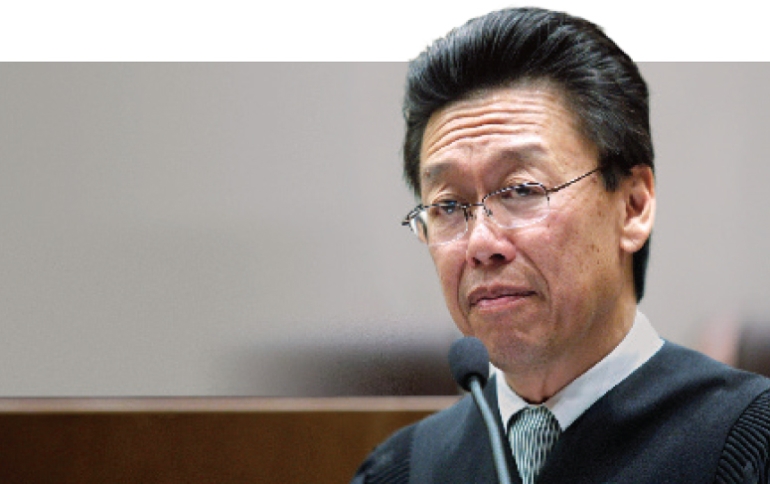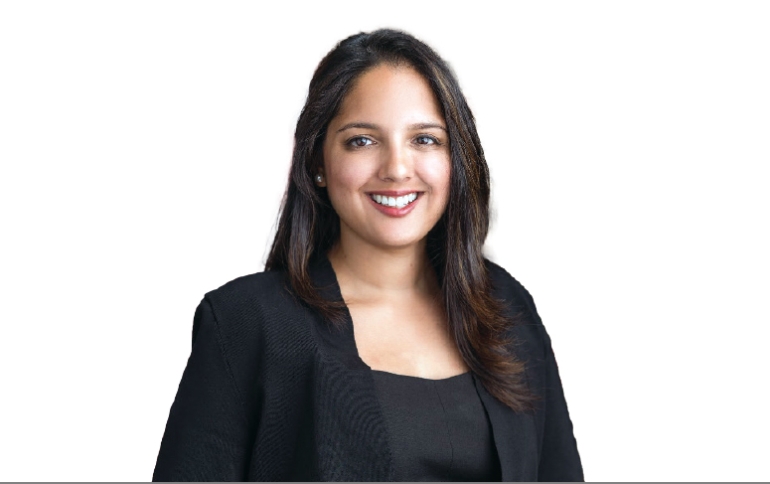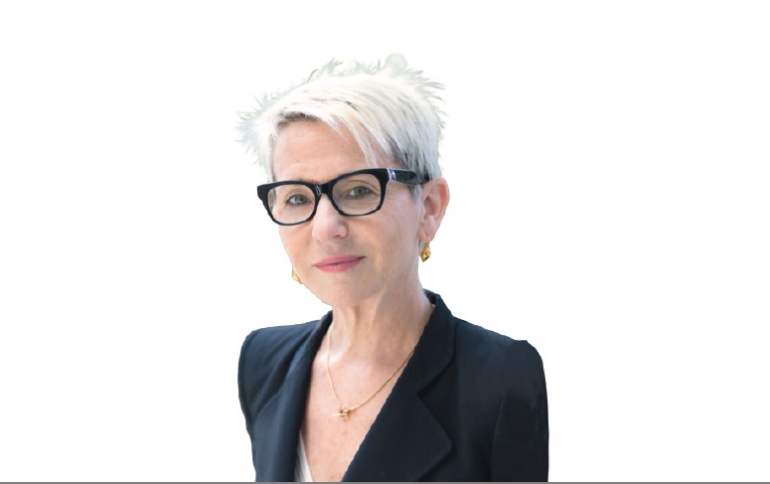The Conversation 2021
Voices at NYU Law
Every year NYU Law hosts events that examine and illuminate current legal issues that impact the nation and the world. This year was no different, as the discussion continued in a broad range of virtual gatherings.
Elena Kagan
“A pretty deep question for a judge is where you seek consensus and where you get off and speak your mind…in a powerful way that takes the majority to task.”
At the dedication ceremony for the 78th volume of the New York University Annual Survey of American Law, honoring US Supreme Court Justice Elena Kagan, the justice reflected on a judge’s role. Read more about the Annual Survey dedication.
Sherrilyn Ifilll ’87
“We felt that this case sat at the intersection of race and immigration. And we believe, as the Legal Defense Fund, when we see race discrimination, unconstitutional race discrimination…it sits right in our wheelhouse.”
During a conference presented by the Center for Human Rights and Global Justice and the NAACP Legal Defense and Educational Fund (LDF), LDF president and director-counsel Sherrilyn Ifill ’87 explained LDF’s decision to challenge the Trump administration’s recision of Temporary Protected Status for Haitian immigrants in 2017. Read more about the conference.
Bruce Yannett ’85
“You’ve got to have senior executive leadership not just talking about this, but modeling this behavior and making the right decision and walking away from problematic business opportunities, and praising people who walk away from problematic business opportunities.”
Bruce Yannett ’85, deputy presiding partner and chair of the white collar and regulatory defense practice at Debevoise & Plimpton, talked about building an ethical organization during a conference organized by the Program on Corporate Compliance and Enforcement. Read more about the discussion.
Stephen Breyer
“Why do we think [administrative law is] the subject? Because it’s really about how do we run this country, and how do we share power in a world where we have to deal with lots of substantive problems.”
In a workshop celebrating 50 years of teaching by University Professor Richard Stewart, a conversation with US Supreme Court Justice Stephen Breyer touched on their shared passion for administrative law. Read more about the workshop in honor of Stewart.
Diane Wood
“We have to decide whether this step of moving from the atomized condition into a collective position is one that we see some value in.”
In an event hosted by the Center on Civil Justice in association with Cravath, Swaine & Moore, Judge Diane Wood of the US Court of Appeals for the Seventh Circuit explored antitrust concerns raised by digital marketplaces, such as Uber, that match individual service providers with customers. Read more about the discussion.
How climate change will affect financial markets was addressed by conferences convened by the Institute for Corporate Governance & Finance (ICGF) and the Institute for Policy Integrity (IPI) that featured Allison Lee, a commissioner of the US Securities and Exchange Commission, and Veena Ramani, who was then senior program director, capital market systems, at Ceres. Read more about the IPI conference and the ICGF discussion.
Allison Lee
“We need to get accurate information about climate risks—the impacts, the opportunities—into financial markets so that assets can be accurately priced and capital can be driven toward climate solutions.”
Veena Ramani
“Extreme weather events are, clearly, significantly financially impactful enough themselves, but they also lead to cascading impacts, particularly on issues like health and productivity, community impacts, population upheaval, biodiversity losses that affect many core industries as well.”
Jeremy Sharpe ’98
“If in fact we're shifting away to a mandate where the arbitrators might have a broader responsibility...then perhaps there will become an expectation that arbitrators will refer corruption to national authorities.”
In a panel discussion on corruption and international arbitration that was hosted by the Center for Transnational, Arbitration, and Commercial Law, Jeremy Sharpe ’98 examined the changing role of the international arbitrator. Read more about the discussion.
Stacey Abrams
“Until we name our enemy and shape our work to address that enemy, we will be doomed to repeat these cycles of torpor, these cycles of erosion, that cause us to worry about whether our democracy can hold.”
Stacey Abrams, founder of Fair Fight Action, spoke on voter suppression at a symposium presented by the Brennan Center for Justice and the NYU Law Review. Read more about the symposium.
Melissa Murray
“We actually have an obligation, and maybe a charge, to normalize an understanding of diverse leadership that is more inclusive, and perhaps prepares the country for what its future will look like.”
Melissa Murray, Frederick I. and Grace Stokes Professor of Law, examined the January 6 Capitol insurrection in an NYU Law Forum sponsored by Latham & Watkins. Read more about the panel's remarks.
James Wynn Jr.
“[The Court] disregarded several well-established decisional tools that were materially relevant to the decision of the case.”
In the James Madison Lecture, Judge James Wynn Jr. of the US Court of Appeals for the Fourth Circuit discussed judicial activism in the context of the US Supreme Court’s ruling in Rucho v. Common Cause, which determined that partisan gerrymandering claims were outside the jurisdiction of federal courts. Read more about the Madison Lecture.
Letitia James
“The rule of law is on the front lines of twin pandemics: COVID-19 and the long-standing inequalities that continue to divide us as a nation.”
New York Attorney General Letitia James discussed voting protection and police reform in the 24th annual Attorney General Robert Abrams Public Service Lecture. Read more about the Abrams Lecture.
Stephen Gillers ’68
“Our professional conduct rules, present in every American jurisdiction, based on an ABA document, have provisions for lawyers who litigate, for lawyers for corporations, for prosecutors—rather narrow ones—but no provision aimed specifically at the complex relationship of the government lawyer to his or her client.”
At an NYU Law Forum, sponsored by Latham & Watkins, that focused on the conduct of lawyers in the aftermath of the 2020 election, Stephen Gillers ’68, Elihu Root Professor of Law, argued for clarifying the ethical responsibilities of government lawyers. Read more about the discussion.
Pamela Newkirk
“I think many institutions have now gotten into the habit of investing money in the apparatus of diversity, instead of actually investing in diversity and investing in interventions and investing in new strategies that would enable it to actually realize diversity.”
NYU journalism professor Pamela Newkirk critiqued corporate America’s approach to building diversity during a discussion hosted by the Center for Diversity, Inclusion, and Belonging (CDIB). Read more about the CDIB discussion.
Edward Chen
“What if there had been a Japanese American sitting on the Supreme Court? Could the Supreme Court have made the sweeping statements about the inherent disloyalty of Japanese Americans, and why it’s dangerous to send your kids to Japanese language schools?”
In the Fred Korematsu Lecture, Judge Edward Chen of the Northern District of California examined the lessons of Korematsu v. US, in which the US Supreme Court upheld the detention of Japanese Americans during World War II. Read more about the Korematsu Lecture.
Deeva Shah
“There’s an element of deference that is warranted to judges, for obvious reasons, but it can also lead to deference in employment relationships, and almost an over-deference in thinking about how to report [harassment].”
In a symposium convened by the Brennan Center for Justice, Deeva Shah, co-founder of Law Clerks for Workplace Accountability, discussed the judiciary as an employer. Read more about the symposium.
Robin Ely
“It’s really pretty clear from everything that I’ve seen so far that the whole pandemic has had a very negative impact on women, and disproportionately so.”
Professor Robin Ely of Harvard Business School discussed obstacles to women’s career progression in an event co-sponsored by the Center for Diversity, Inclusion, and Belonging and the Birnbaum Women’s Leadership Network. Read more about the discussion.


